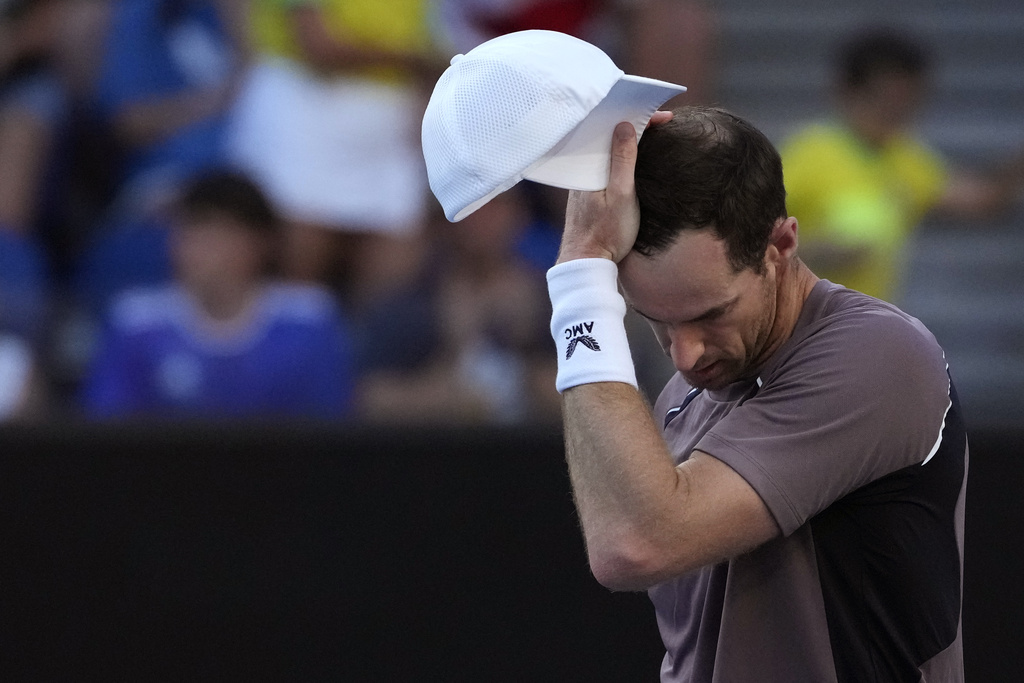
The Controversy of Concussions: How Boxing is Addressing Head Injuries
Jody
- 0
The controversy of concussions in boxing has long been a topic of concern. With the inherent risk of head injuries in a sport where participants are continually punching each other in the head, it’s no surprise that the issue has been a hotly debated topic. However, boxing organizations have taken steps to address head injuries and reduce the risk of concussions among athletes.
One of the most significant steps taken in recent years is the implementation of stricter rules and regulations regarding the management of head injuries. Boxing organizations have recognized the importance of early detection and treatment of concussions, and have put in place protocols to ensure that athletes receive the proper care. This includes mandatory medical evaluations before and after fights, as well as stringent guidelines for when a boxer is allowed to return to the ring following a head injury.
In addition to these protocols, there has been a growing emphasis on education and awareness surrounding head injuries in boxing. This includes educating athletes, coaches, and referees on the signs and symptoms of concussions, as well as the importance of seeking medical attention if a head injury is suspected. There has also been a push for more research into the long-term effects of head injuries in boxing, in an effort to better understand and mitigate the risks associated with the sport.
Another key development in addressing head injuries in boxing is the advancement of protective gear. While headgear has long been a staple in amateur boxing, there has been a push for improved and more effective head protection for professional boxers as well. This includes the development of new materials and designs that provide better impact absorption and protection for the head.
Despite these advancements, the controversy of concussions in boxing is far from resolved. Critics argue that no amount of regulation or protective gear can eliminate the risk of head injuries in a sport where the fundamental objective is to punch an opponent in the head. They argue that the very nature of boxing makes it impossible to completely eliminate the risk of concussions.
In response to these criticisms, some have called for more drastic measures, including the outright banning of boxing. However, others argue that boxing can continue to evolve and adapt to address the issue of head injuries, while still allowing athletes to compete in the sport they love.
Ultimately, the controversy of concussions in boxing is a complex and contentious issue. While strides have been made to address head injuries and reduce the risk of concussions, there is still much work to be done. The ongoing debate surrounding the safety of boxing will likely continue, as the sport strives to find a balance between tradition and the well-being of its athletes.


